Sustainability Issues
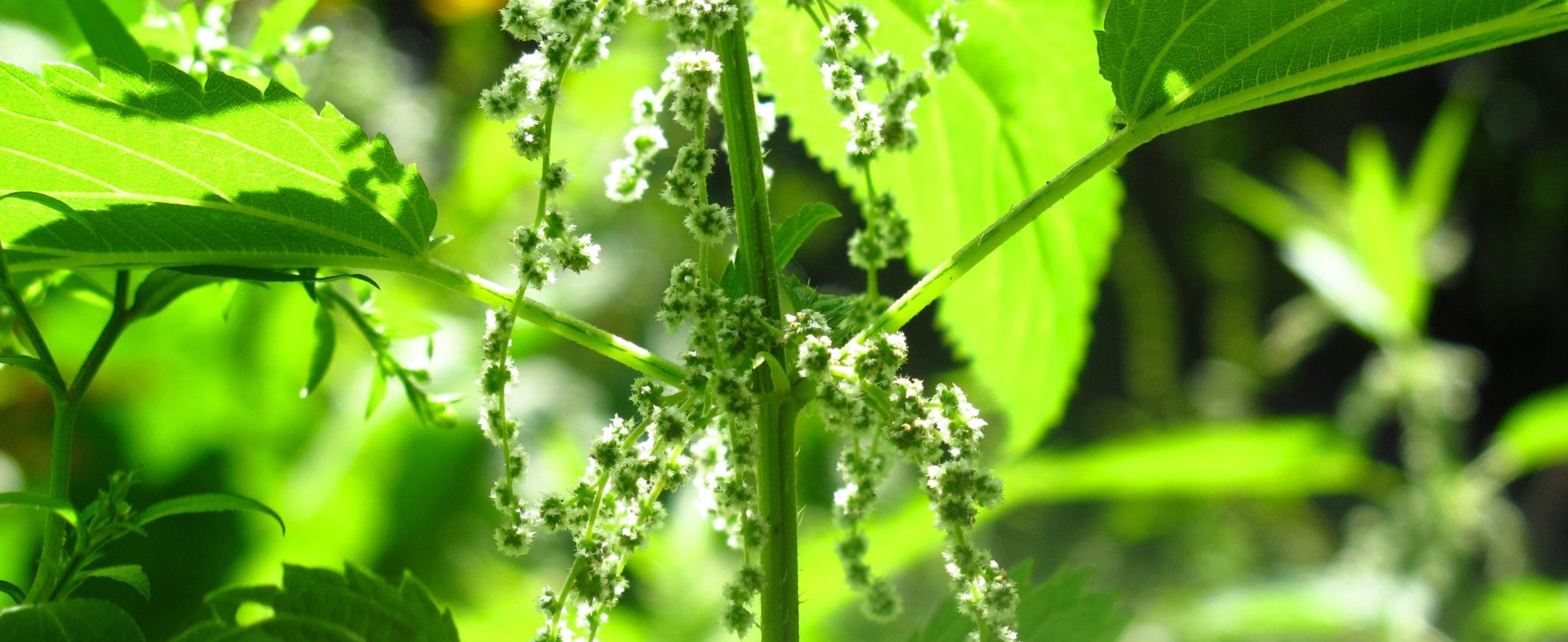
“The web of life both cradles us and calls us to weave it further.” — Joanna Macy.
The global botanical medicine industry has grown dramatically over the last few decades, reaching almost $100 billion in sales. The raw material for those products is sourced on global supply networks, some traceable, many not.
It can be overwhelming to find high quality products. It can be even more overwhelming to try to sort out which claims about sustainability and equity are true and which are greenwashing.
Even those with many years working in the botanical industry have a hard time offering advice on finding high quality botanical ingredients.
Yet all agree that how medicinal products are produced—how the herbs are grown, handled, and processed— is critical to the quality of the finished product. Some companies source with rigorous quality control standards and procedures. Just as many, or more, do not.
Companies that invest in sourcing are more likely to produce high quality products. Investing in sourcing means taking care of the plant material each step of the way. That means taking care of the soil, taking care of the ecosystem, taking care of the workers handling the herbs. A company’s commitment to ethical sourcing can be a key way to identify which companies to trust as a source for high quality finished products.
Every step in this process creates value and impact, either positive or negative. Responsible sourcing can help protect and enhance the resilience of ecosystems and producer communities. Price buying, looking for the cheapest ingredients, in turn can degrade those ecosystems and communities.
Read Why Should I Care for more on why this matters.
Key Issues
Each section outlines why this pillar matters, best practices, and what you can do.

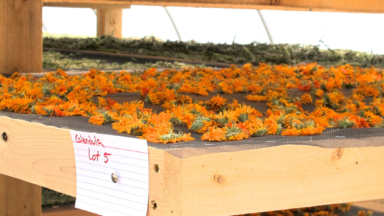

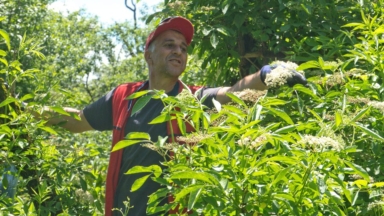
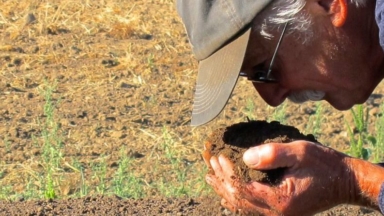

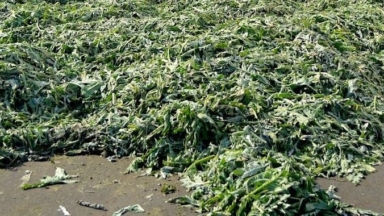
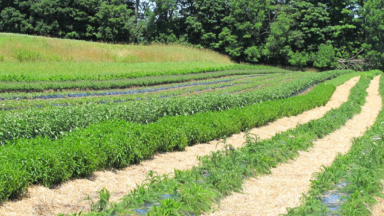
Comments